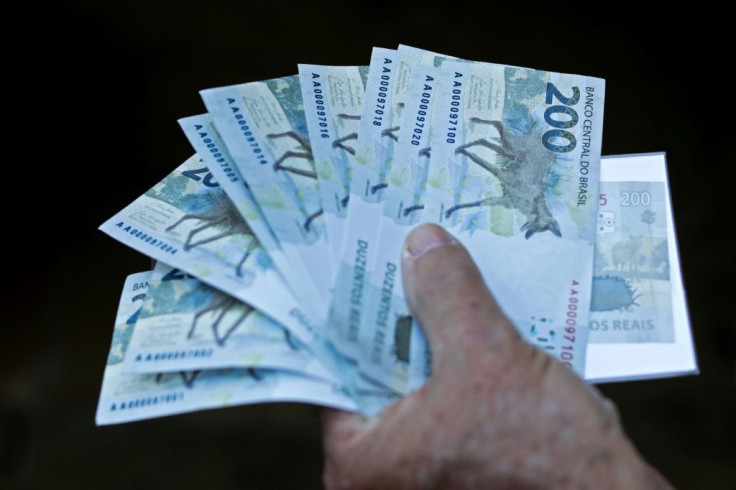Brazil Holds Interest Rate At Record Low
Brazil's central bank held its benchmark interest rate at a record low of two percent Wednesday despite a recent uptick in inflation, deciding the priority was reviving the pandemic-battered economy rather than reining in prices.
The unanimous decision by the central bank's nine governors was in line with market expectations and unlikely to cause waves in Latin America's biggest economy.
"The current level of extraordinarily high monetary stimulus is adequate," the bank's monetary policy committee said in a statement.
"Although inflationary pressure is strong in the short term, the committee's diagnosis remains that this is temporary."
Brazil exited recession in the third quarter of the year with economic growth of 7.7 percent.
But the South American giant is still reeling from the effects of Covid-19, which has killed more than 178,000 people, the world's second-highest death toll in the pandemic after the United States.
The International Monetary Fund is predicting Brazil's economy will shrink 5.8 percent on the year for 2020, after contracting 2.5 percent in the first quarter and 9.7 percent in the second.
Hoping to turn things around, far-right President Jair Bolsonaro's government has rolled out a massive emergency aid package to help poor families hit hardest by virus shut-downs.

The emergency cash benefits 67 million low-income workers, nearly one-third of the population, at a cost of 615 billion reais ($119 billion) so far.
That amounts to a whopping 8.6 percent of the country's Gross Domestic Product (GDP).
Analysts say the influx of cash is fueling a rise in inflation, which hit a five-year high in November, driven largely by food prices.
The annual inflation rate of 4.31 percent is above the central bank's target of four percent, though within its acceptable range of plus or minus 1.5 percentage points.
The emergency benefit is too costly for the government to maintain without breaking Brazil's constitutionally mandated spending cap next year, and analysts generally expect it will end as scheduled next month.
The market forecast for inflation next year is 3.34 percent, below the central bank's target of 3.75 percent.
Given that relatively tame outlook and the impending end of the pandemic emergency spending, the bank opted to continue boosting growth.
"Uncertainty about the rate of economic growth remains higher than usual, especially after the end of the year, in combination with the expected chill of the emergency aid effect," it said.
© Copyright AFP {{Year}}. All rights reserved.





















